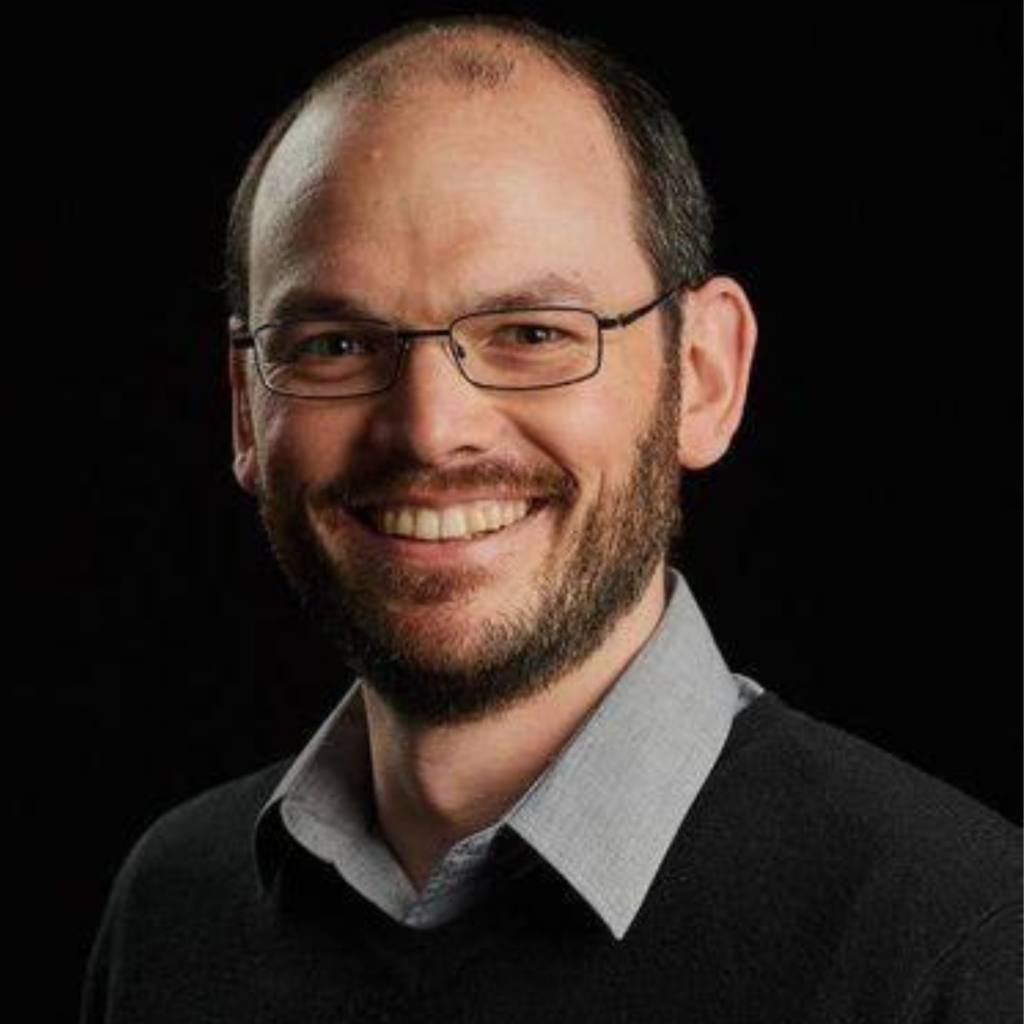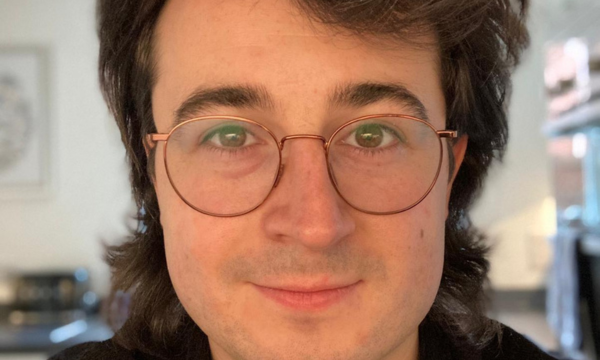History that packs a punch
We interviewed editor Brodie Waddell to get his insights on eighteenth century research and publishing in the Cultural and Social History journal (including a special Q&A from researcher Tyler Rainford).
In this interview, we speak with Brodie, the editor behind Tyler Rainford’s article Pro Bono Publico: Publicans, Punch, and Print in Eighteenth-Century London.
We find out more about Brodie’s decision-making process and what exactly drew him to Tyler’s research for it to make a permanent home in Cultural and Social History: The Journal of the Social History Society. We also discover the topics Brodie would love to see more submissions for and his thoughts on open access (OA) research in social sciences and humanities (SSH) subjects.
Tyler published his article OA making it free to read for all. He was able to do this through the JISC agreement, between Routledge and UK institutions, which you can read more about here.

Brodie Waddell, senior lecturer at Birkbeck, University of London, and editor of Cultural and Social History: The Journal of the Social History Society.
Please tell us a bit about yourself, your work, and why you chose to be an editor for this journal
What does a typical day in the life of an editor look like?
What was it about Tyler’s article that appealed to you most? Why did it make a perfect fit for the journal?

Is there a particular topic or area of study that you look forward to seeing submissions for? What do you want to see more of?
Why do you think publishing open access is important for the SSH fields?
What advice would you give SSH researchers who might be tentative to publish their research open access?

Want to hear from the researcher himself?
We interviewed Tyler Rainford, history PhD candidate and author of Pro Bono Publico, to find out more about his article. He shares the inspiration behind his intoxicating research and why he is fascinated by self-fashioning and consumer behaviour.